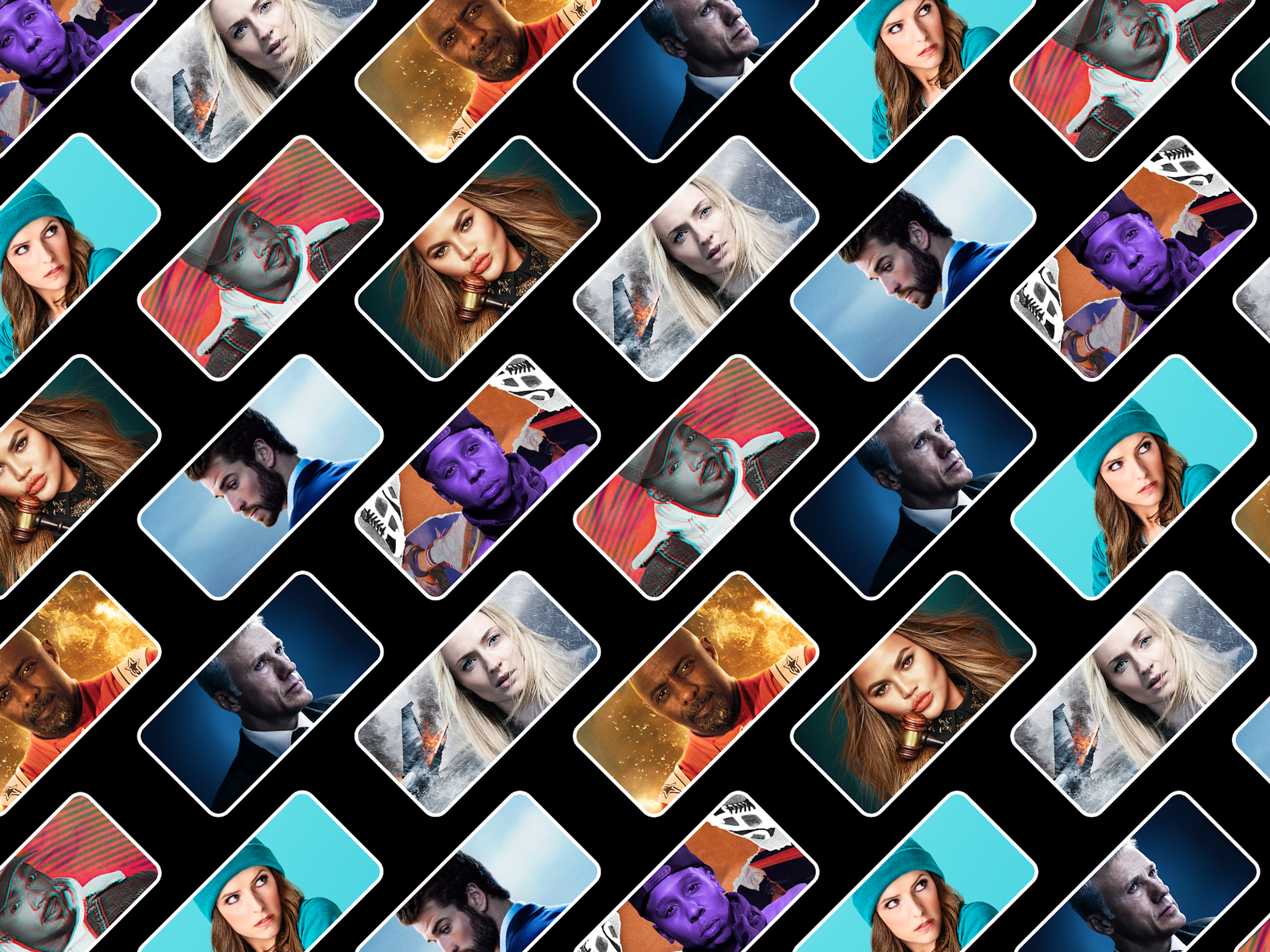Quibi Will Shut Down After Failing to Find a Buyer
Rachel Uranga is dot.LA's Managing Editor, News. She is a former Mexico-based market correspondent at Reuters and has worked for several Southern California news outlets, including the Los Angeles Business Journal and the Los Angeles Daily News. She has covered everything from IPOs to immigration. Uranga is a graduate of the Columbia School of Journalism and California State University Northridge. A Los Angeles native, she lives with her husband, son and their felines.

Less than seven months after launching, the high-flying streaming service Quibi has shut down.
Despite a sold-out advertising slate, deals with A-listers and a $1.75 billion war chest from high-profile investors the former Disney executive and founder Jeffrey Katzenberg couldn't make the short-form mobile video platform stick.
Katzenberg called investors on Wednesday to tell them Quibi would shut down, ending one of Hollywood's most high-profile streaming endeavors by a storied executive. The Wall Street Journal first reported the news.
Shortly after, Katzenberg and the company's CEO, Meg Whitman, published a post on Medium acknowledging the news and blaming it on a combination of the pandemic and the execution.
"Quibi is not succeeding," they wrote. "Likely for one of two reasons: because the idea itself wasn't strong enough to justify a standalone streaming service or because of our timing."
The two said they would return cash to shareholders and look for buyers for their remaining assets.
"While the result was not what any of us wanted, we did accomplish a number of things and we are very proud of what the talented Quibi team has built with the blood, sweat, and tears that they poured into this business over these past two years," they wrote.
Katzenberger had tried to sell Quibi to tech giants such as Apple, Facebook and NBCUniversal, The Information reported. All passed. He also considered taking the company public to raise additional funds, according to the Wall St. Journal. That didn't pan out either.
"Our failure was not for lack of trying; we've considered and exhausted every option available to us," Katzenberg and Whitman wrote.
Launched on April 6, with dozens of short-form original series, Quibi executives said they did not intend to compete with Netflix or Hulu. Instead, they hoped targeted viewers on their mobile devices for short-form content, aiming to catch them while they were waiting in line or looking for a quick entertainment fix in between other moments. But the company failed to catch on and faced fierce competition by YouTube, Facebook and other short-format video platforms that millennials and Gen Z have already adopted.
Katzenberg had previously blamed lackluster user reach on the pandemic and the stay-at-home culture it created for putting an end to the commutes and time spent waiting in line where they hoped to meet their audience.
"The circumstances of launching during a pandemic is something we could have never imagined but other businesses have faced these unprecedented challenges and have found their way through it. We were not able to do so," he and Whitman wrote.
Another disadvantage was the astronomical production costs for creating the content, were reported to be up to $100,000 each minute. Quibi had signed on stars like Chrissy Teigen, Tyra Banks and Tom Cruise.
But with no hit show or catalog of familiar flicks, Quibi struggled. Plus, it arrived in the middle of the pandemic when mobile users were stuck at home, not waiting in lines or riding public transit.
Quibi attracted investment from some of Hollywood's biggest players including the Walt Disney Company, 21st Century Fox, Metro-Goldwyn-Mayer Studios Inc., NBCUniversal, Viacom Inc and Sony Pictures Entertainment Inc.
- Quibi CEO Meg Whitman Sees a Renaissance in Hollywood - dot.LA ›
- Quibi May be Struggling With Advertisers - dot.LA ›
- Unboxing Quibi: Inside the New Mobile Streaming App and Its Shows ›
- Pegasus Tech Ventures' Anis Uzzaman On Why Quibi is Here to Stay ›
- Quibi Is Here: Will It Last? - dot.LA ›
- Learning from Quibi's Quick Collapse - dot.LA ›
- Why Did Quibi Fail? - dot.LA ›
- Jeffrey Katzenberg’s WndrCo Raising New Venture Fund - dot.LA ›
Rachel Uranga is dot.LA's Managing Editor, News. She is a former Mexico-based market correspondent at Reuters and has worked for several Southern California news outlets, including the Los Angeles Business Journal and the Los Angeles Daily News. She has covered everything from IPOs to immigration. Uranga is a graduate of the Columbia School of Journalism and California State University Northridge. A Los Angeles native, she lives with her husband, son and their felines.
Sam primarily covers entertainment and media for dot.LA. Previously he was Marjorie Deane Fellow at The Economist, where he wrote for the business and finance sections of the print edition. He has also worked at the XPRIZE Foundation, U.S. Government Accountability Office, KCRW, and MLB Advanced Media (now Disney Streaming Services). He holds an MBA from UCLA Anderson, an MPP from UCLA Luskin and a BA in History from University of Michigan. Email him at samblake@dot.LA and find him on Twitter @hisamblake



 Image Source: JetZero
Image Source: JetZero
